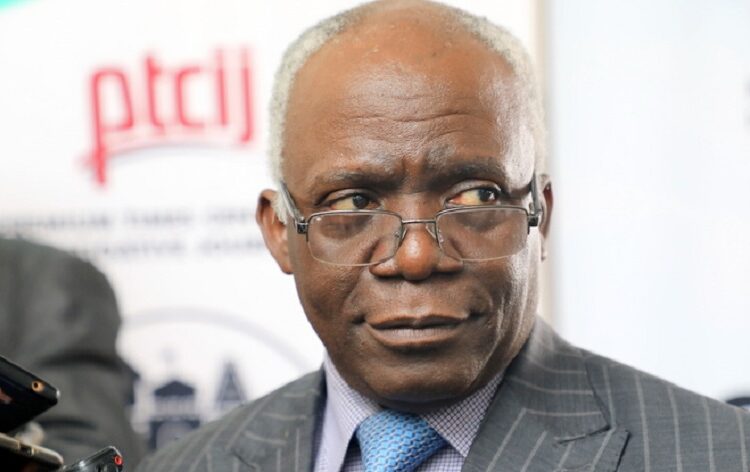The Lagos Division of the Court of Appeal has affirmed that Nigeria’s right to adequate medical facilities is part of the Fundamental Objectives and Directive Principles of State Policy and is therefore deemed non-justiciable.
The appellate court, which made the declaration while delivering judgment on an appeal filed by human rights lawyer Femi Falana (SAN), held that preventing public officers or Nigerians from seeking medical attention outside Nigeria when necessary would infringe upon their fundamental rights.
Falana had urged the lower and upper courts to bar public officials from travelling abroad for medical treatment until the government repaired and equipped all hospitals and medical centres in Nigeria.
However, the three members of the panel of the Court of Appeal led by Justice Polycarp Kwahar held that granting such a request would be excessively draconian.
The court acknowledged that while the issue of inadequate medical facilities in the country is concerning, it is governed by Chapter II of the 1999 Constitution and cannot be litigated.
The appellate court held, “It is evident that the right to adequate medical facilities does not fall under Chapter IV of the 1999 Constitution [as amended], and therefore, it would be misguided to classify this issue as a fundamental right.”
However, the court recognised Falana’s argument that public hospitals in Nigeria are ill-equipped and the resulting tragic outcomes, including untimely deaths caused by the government’s neglect of healthcare.
Justice Kwahar further stated, “While there are cases where the right to life encompasses the rights to food and shelter, this case concerns explicitly medical and health matters.
“I will not diverge into discussions regarding food and shelter.” He questioned how public officials seeking treatment abroad could be associated with the appellant’s fundamental rights.
“A fundamental right is a right guaranteed by the Constitution. Fundamental rights’ refer to those stipulated in Chapter IV of the Constitution and include rights in the African Charter on Human and Peoples’ Rights (Ratification and Enforcement) Act 2004.
“Merely including a right in the 1999 Constitution does not automatically categorise it as a ‘fundamental right.’ None of the case precedents cited by the appellant relates to our legal framework; they are drawn from Indian jurisprudence, which this court is not obliged to follow, although they may have persuasive value.’’
Ultimately, the appellate court found no merit in the appeal and upheld the ruling delivered by the Federal High Court in Ikeja.





